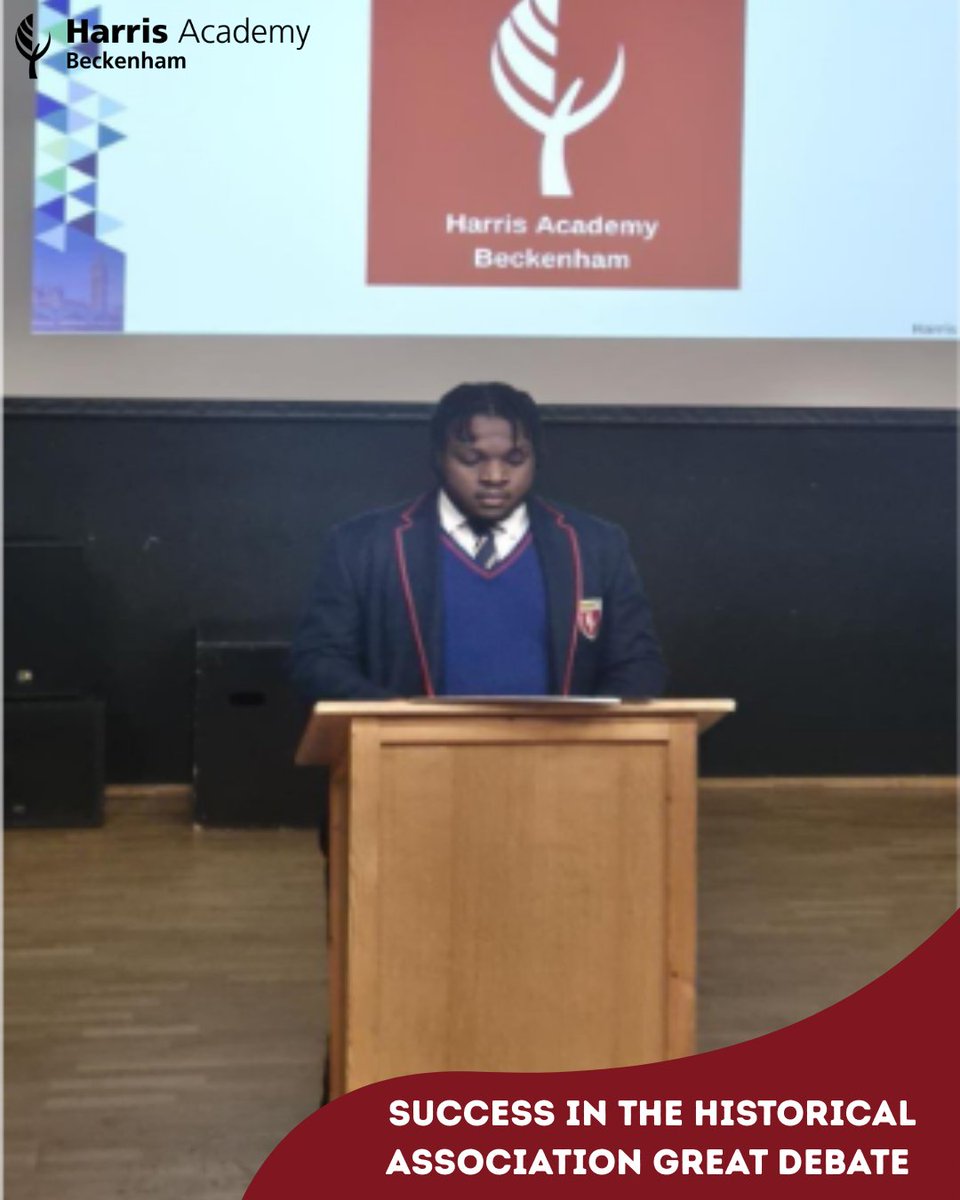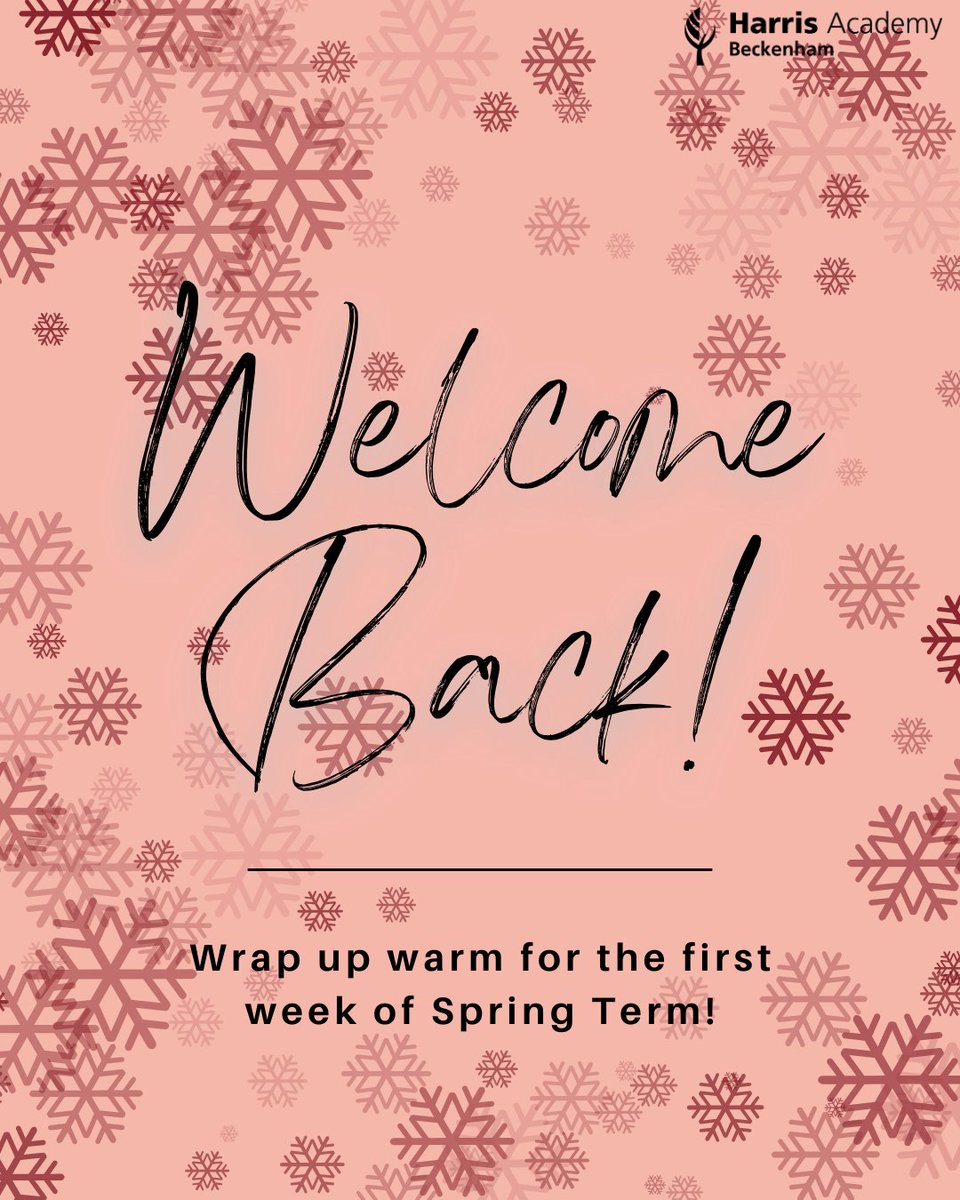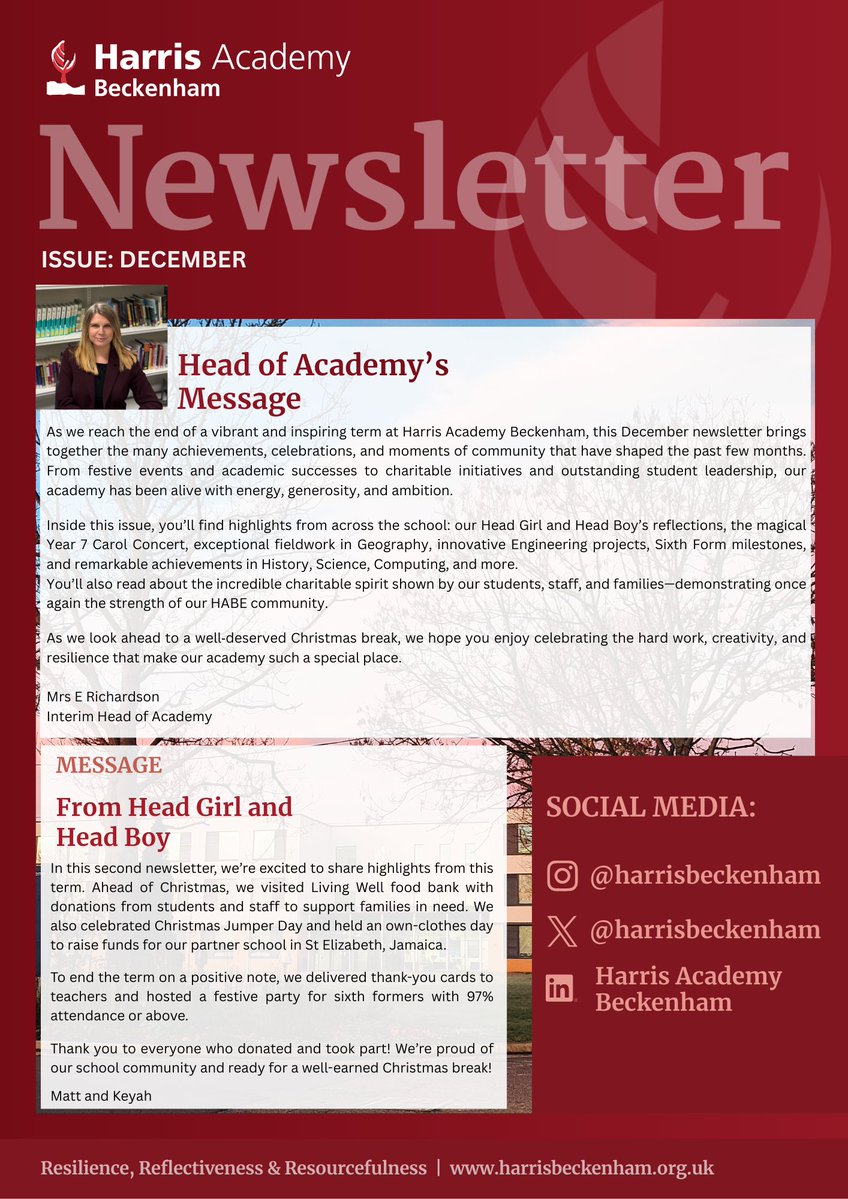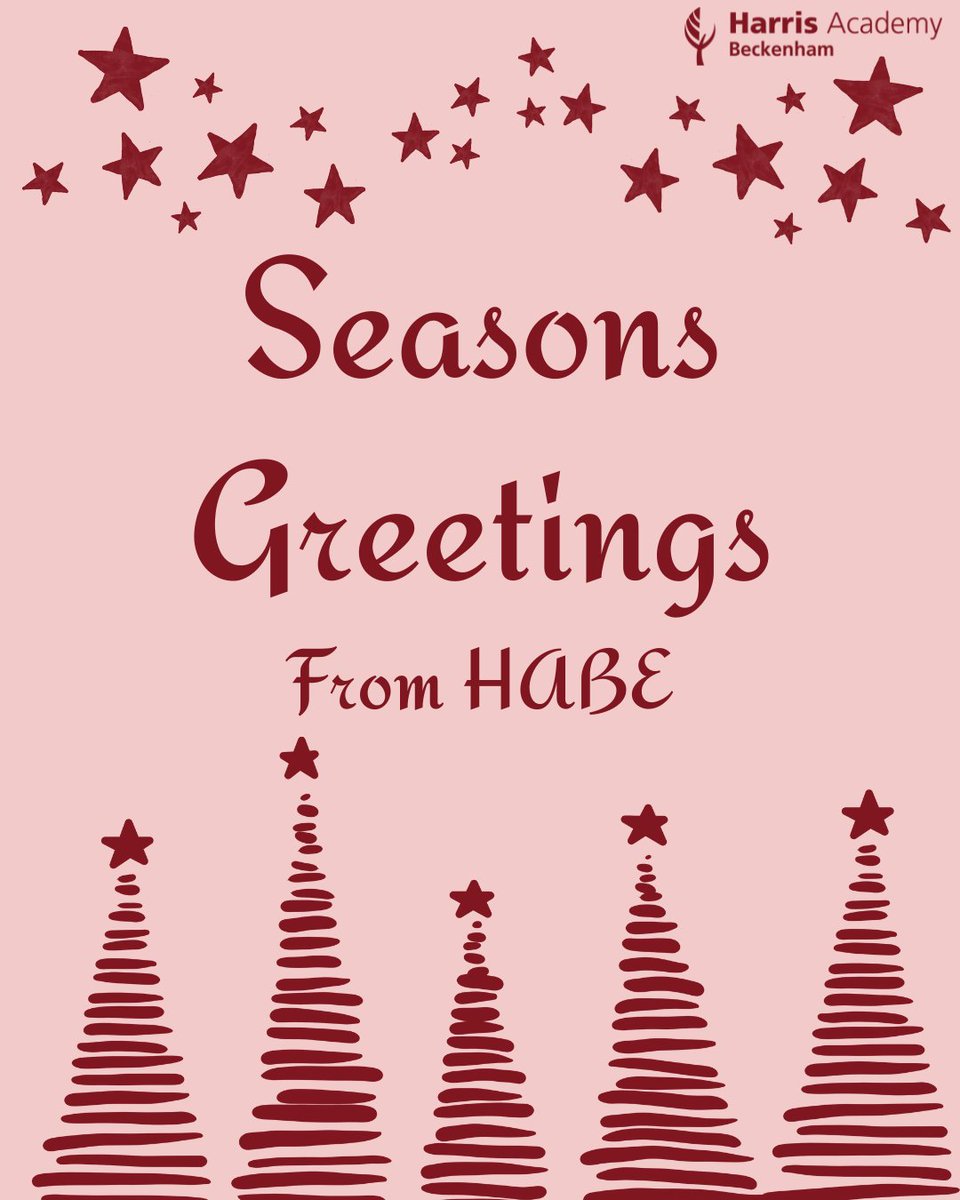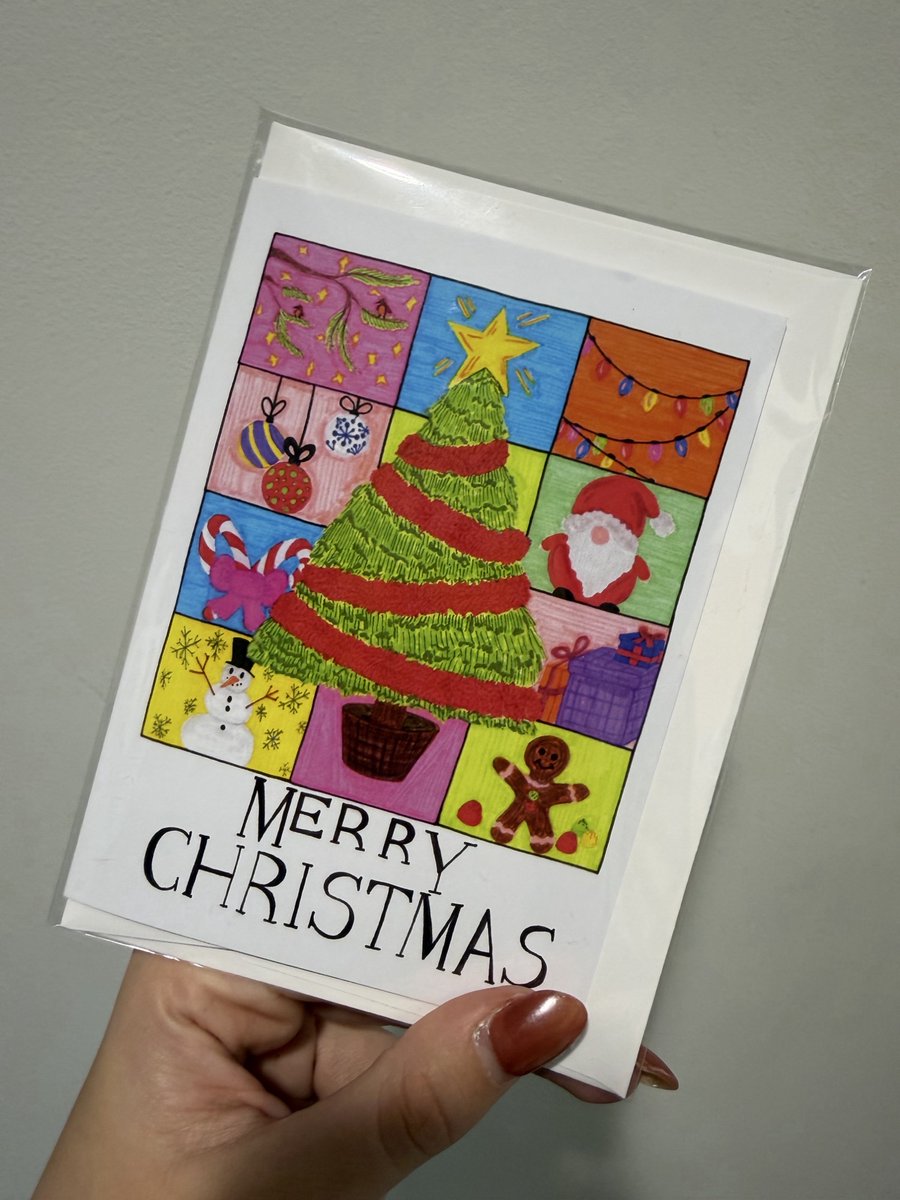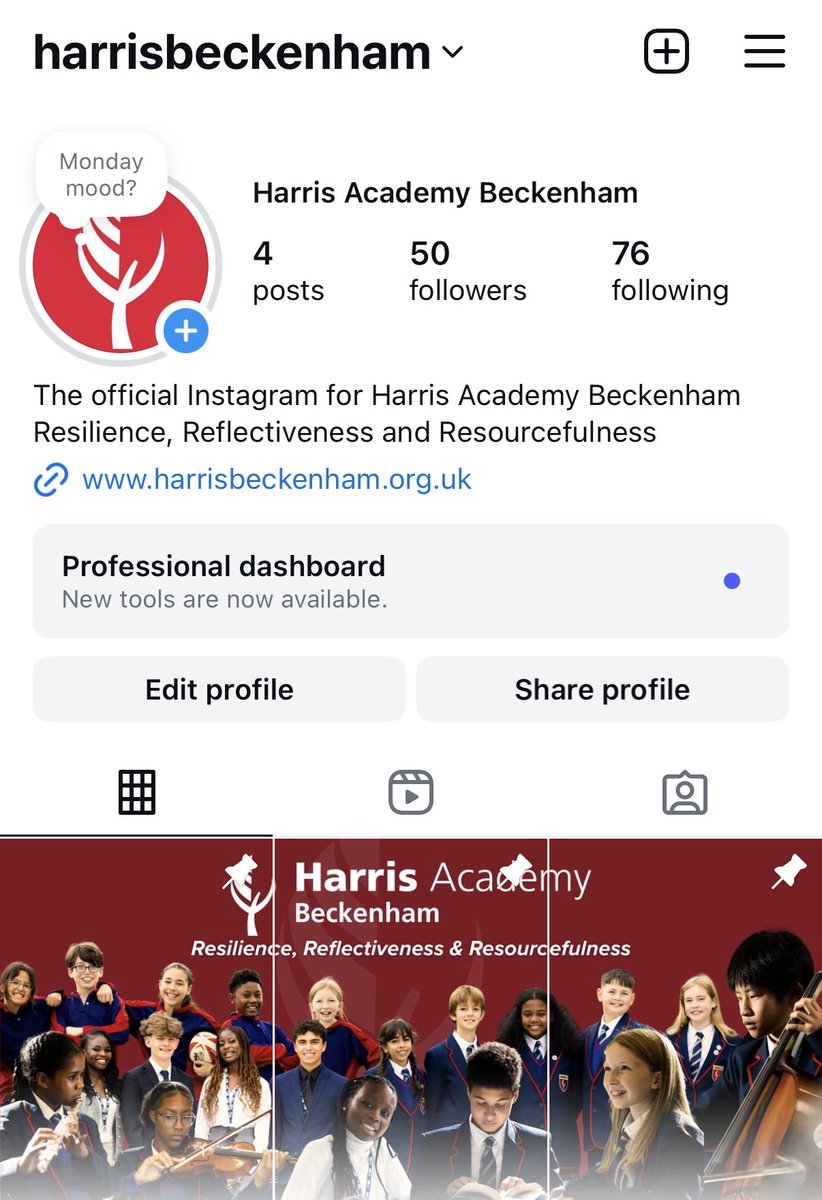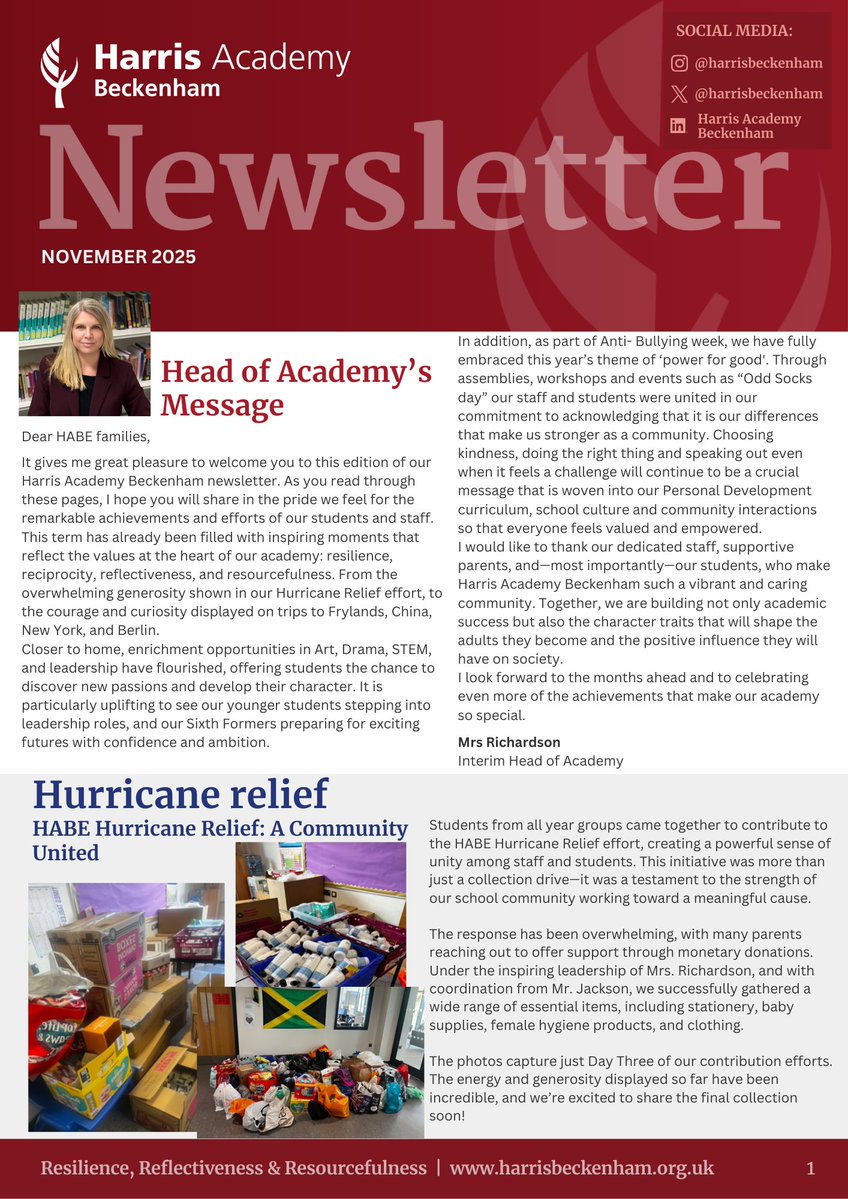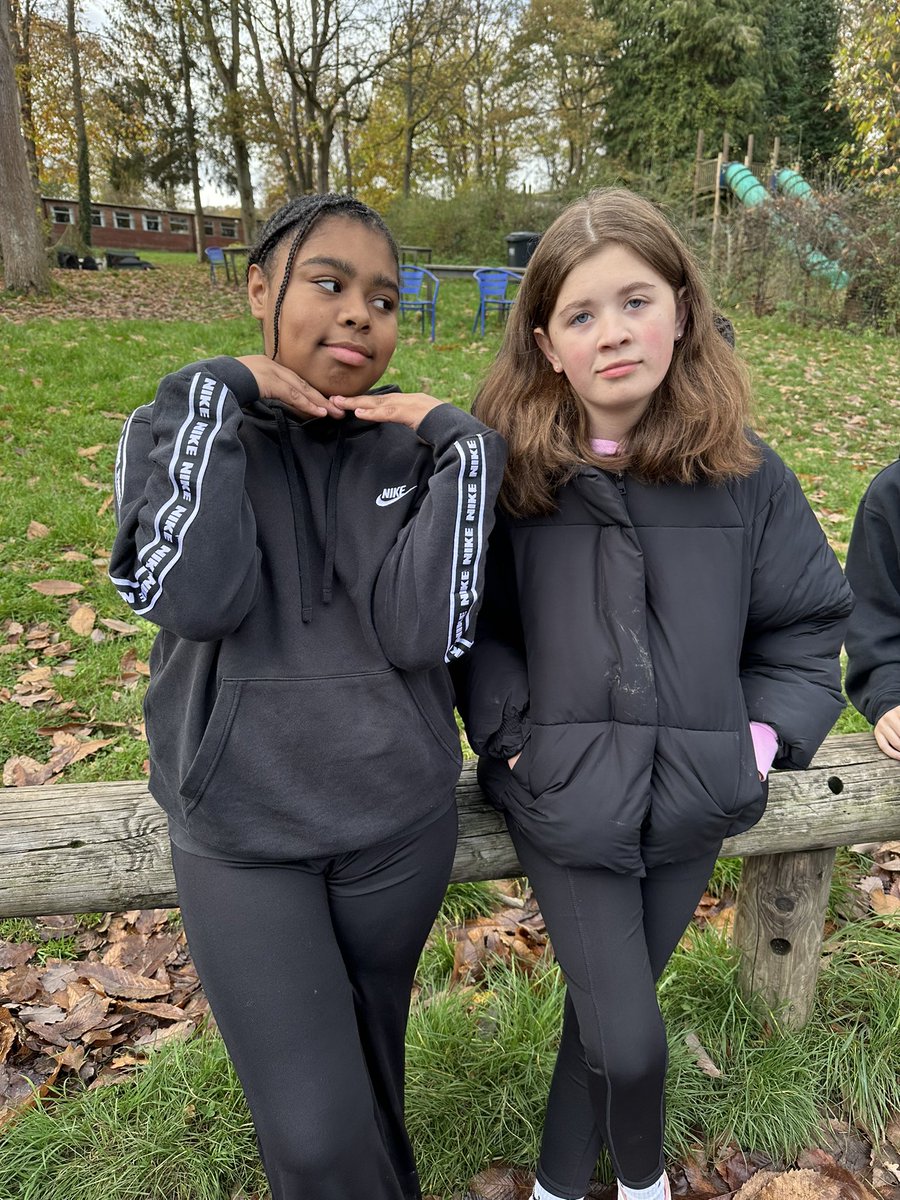English
Curriculum intent
All students in our care deserve the same opportunities to be successful. Through the delivery of our curriculum, we will ensure this is met whist also striving to accelerate social mobility for all. Our intention is to inspire our students with a love of English to form roots that lie deep within them which will carry them successfully into their future lives.
For further details of the English curriculum please see the documents at the bottom of the page or contact Ms A. Cownley.
We want to inspire students to read widely, and deeply, to explore a range of cultures, experiences and opinions that stem from a wide range of social, cultural and political concepts. This will support them to not only form their own opinions of the world in which they live, but to develop their empathy skills, to make sure they are aware of the opinions of others and accept those perspectives.
Not only do we feel the reading of fiction is imperative in developing the young people in our care, but we also seek to ensure that students feel confident and comfortable in reading a range of non-fiction, especially news articles and reports, to allow the opportunity to develop their own cultural capital and feel inspired to keep up with current affairs.
We wish to instil a curiosity within the students which means they seek to find answers and create questions through their breadth of reading. Through exposure to a range of texts from the Literary Canon and beyond, we aim to reveal to students the society in which they are growing up in and the societies that have come before. This reflection and appreciation for reading should help to end the cycle of poverty and disadvantage that some of our students unfortunately find themselves in.
Alongside their appreciation of reading, a love of writing must thrive. Written communication is vital to our students to ensure they can accurately, and eloquently, communicate their own thoughts and opinions. We will ensure students are able to write for a range of forms and purposes, to prepare them for future employment opportunities but to be able to articulate their own feelings to others. Communication is key to success and our students will build on, and master, their writing skills year by year. Students will also write in response to ideas and ideologies raised in texts which they have studied as we encourage students to form their own views of sociological and historical whilst being able to communicate effectively with others about it.
The final strand that will help build our students into English excellency is through the spoken word. Every lesson will have an opportunity for our students to communicate their ideas with others using support and guidance in how to ensure their mode of communication is effective. Students will also have opportunities throughout the year to debate topics of interest, deliver speeches to their peers or communicate their own work to others. We want to build a confidence within the students to use their voice as a method to ensure their opinions are heard and matter. Our Enrichment opportunities aim to take the classroom learning that step further and foster an appreciation for English that will last a lifetime.
Within our Key Stage 3 curriculum, we have ensured that we include a range of texts to explore diversity and a range of cultures as well as ensuring the British Values are promoted throughout. Here at HABE we ensure the transition between Key Stage 2 and Key Stage 3 is as smooth as possible and focus the start of year 7 on extract-based work to mirror the end of Key Stage 2 assessments. To ensure the work allows for challenge we include texts from the literary heritage authors such as William Shakespeare. We utilise year 9 as a transition year in which we master the skills from Key Stage 3 with some other GCSE text choices that we feel are important to be explored within education. Our curriculum allows for breadth and depth which is why, alongside studying complete texts in depth, we study extracts from a range of important texts to fully appreciate writer’s craft and structure across a range of forms across different time periods.
Implementation
Key Stage 3
There is no separation between Literature and Language in our curriculum- until Year 10 when students start their GCSES- as we strongly believe that reading and writing should be taught alongside each other for the majority of Key Stage 3, albeit assessed separately. We believe that any texts being studied, whether prose, poetry or drama, should be viewed as springboards. They should allow for, and encourage, a range of exploration beyond just the text itself, encompassing related non-fiction reading and speaking and listening tasks. The texts that we study will allow for students to explore and develop their own cultural capital.
Reading
It is essential that students can explore a wide range of contexts, forms and purposes through their reading within English. Our curriculum allows for this as it spans from the 16th century all the way through to the modern day. This allows students to become familiar with not only how the word has changed but also how language has evolved across time. We have considered carefully the transition period between KS2 and KS3 as we are aware students are assessed with extracts rather than whole novels. For this reason, we do start the Year 7 journey looking at poetry and then extract based 19th century texts to build familiarity with more complex language. It is only at the end of Year 7 that we introduce a class novel to be studied to help support writer’s craft.
Writing
With regards to the development of written skills, we aim for students to master different forms and purposes of writing with Year 7 focusing mainly on ‘creative’ writing in response to the text being studied whilst Y8 will look at ‘transactional’ writing in response to a text. When students reach Year 9, they will explore both to consolidate and solidify the skills. With the development of a range of skills for a variety of purposes and audiences, we will ensure students continue to develop technical accuracy; faultless technical accuracy will be expected. Lessons are planned to encourage and incorporate extended writing opportunities regularly using a ‘Silence is Golden’ approach which ensure consistency across classes. After writing, opportunity is given for students to reflect upon their work and adapt where appropriate. We will also ensure that any intervention sessions that run alongside the curriculum mirror the skills being taught in lesson. This will ensure intervention is purposeful, intentional and meaningful.
Every lesson has a new word for students to learn. This will be introduced at the start of the lesson and revisited throughout the lesson- and subsequent lessons- to ensure saturation and mastery of the word. To support the development of students’ vocabulary, we also use a programme called Bedrock which is carefully monitored by English teachers and embedded into teacher practice.
Speaking
To promote the spoken word, our lessons have plenty of opportunity for students to discuss issues or topics raised in their reading. In addition, prior to writing, students are asked to discuss for ‘Just a Minute’ the new ideas, concepts or opinions formed during a lesson. To ensure high quality speaking, we encourage the students to use ‘oracy stems’ to ensure fluency in their spoken communication.
GCSE
When students reach Year 10, there is a slight shift as we start to split English into their GCSE forms: Literature and Language. The course begins in year 10 and extends into year 11, ensuring students have adequate time to master the newer content of KS4. We have a 50:50 Language/Literature split where either one teacher leads on both subjects, or this can be split between two teachers.
Classroom practice
Each lesson starts with a ‘Knowledge Retrieval’ task which requires students to recall knowledge previously learnt. This may span back to last week, last month or potentially last year. Our curriculum is structured so that students are prompted to consistently recall prior knowledge to ensure mastery of topics, skills and ideas. Students receive high quality models in lessons which allow students to see the quality of work expected. Students are both supported and stretched in lessons based on their needs and prior learning.
Impact
In English at HABE, we ensure that each students receive written feedback once a fortnight to ensure their learning is constantly reviewed. This also allows students to reflect upon their own work and gives them an opportunity to develop their outcomes. As a result, teachers can then also adapt their lessons and their teaching to ensure they are supporting outcomes and knowledge for all.
Students are then formally assessed twice a year for both reading (literature) and writing (language) which helps to inform teaching and learning. Like with book marking, teaching staff are then able to adapt their teaching to support the students. For Key Stage 3, students are supported with the planning of their assessments to help students consider how best to craft their responses and to develop the proof-reading skills. Marking these assessments is completed with a rubric mark scheme which is shared across the Federation to help promote consistency.
When students enter Year 9, we start to introduce the GCSE mark scheme which helps both students and staff explore where their learning currently stands and how best to support their learning in year ten and year 11. This assessment process does not reduce the content that is covered. However, it is used to help prepare students for the high expectations of achievement at KS4 focusing on the different elements of assessment.
